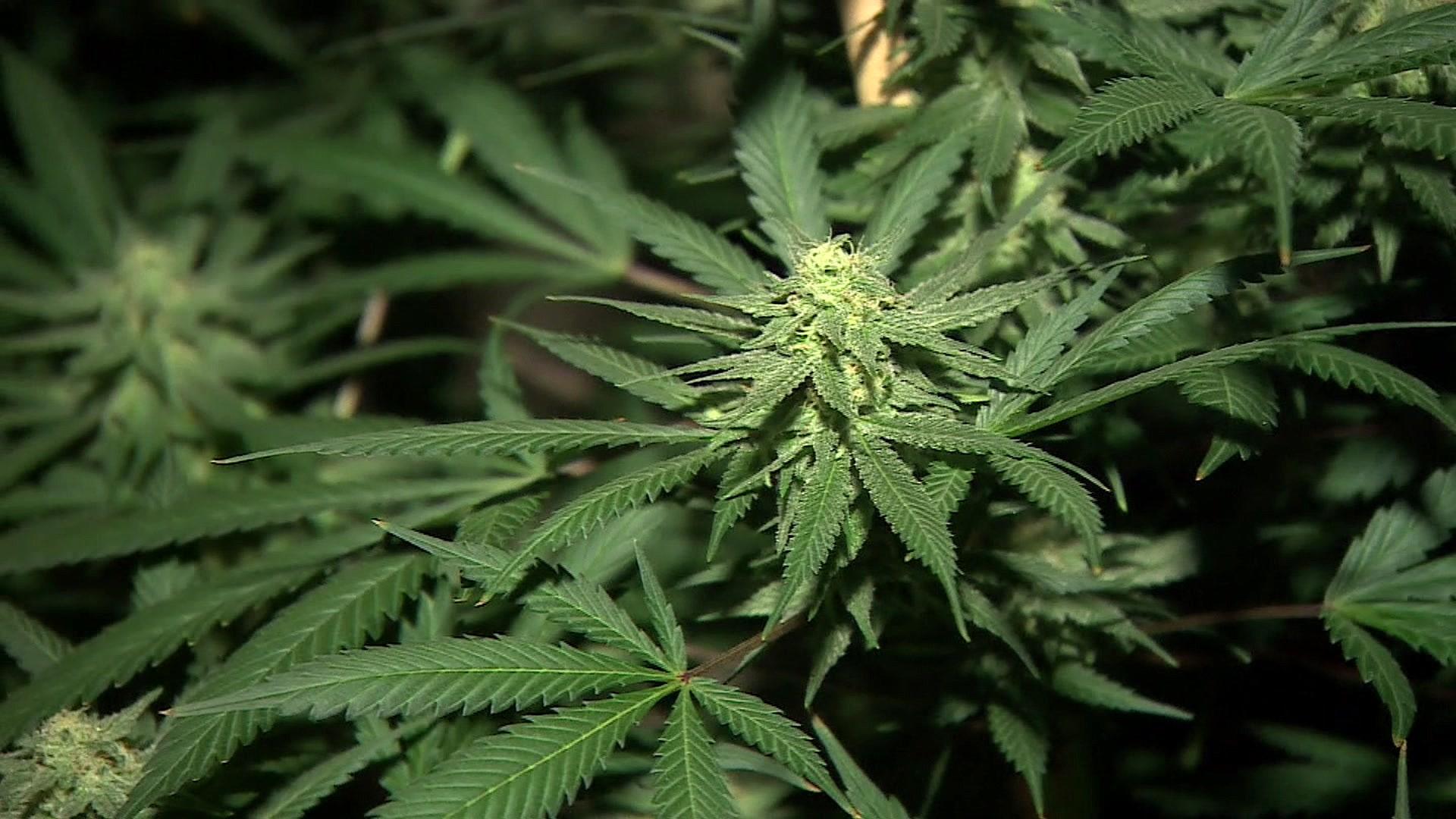Cannabis medication for epileptic girl costs £1k a month
- Published
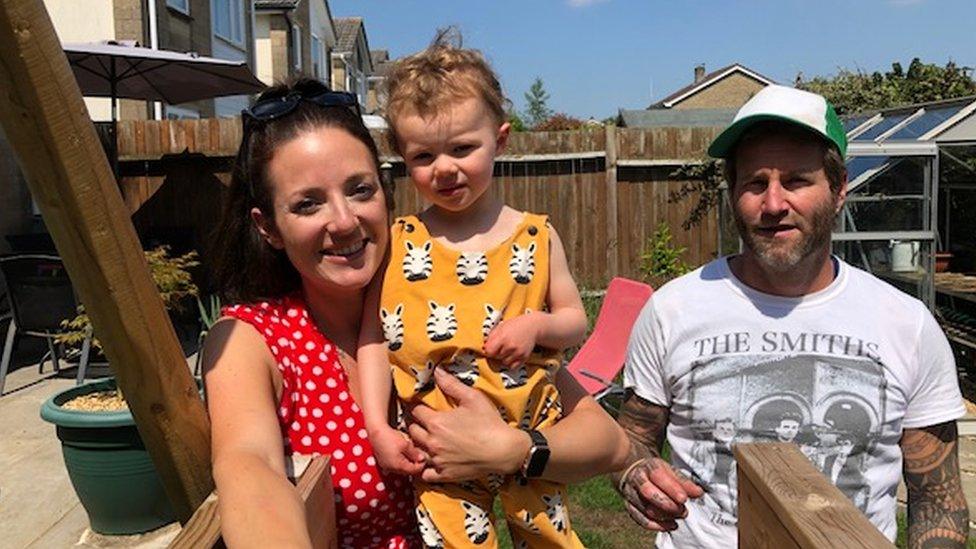
Emily and Spencer say Clover relies on the cannabis oil they have been buying from The Netherlands
The parents of an epileptic two-year-old are paying £1k a month for medical cannabis they cannot get on the NHS.
Emily Howis and Spencer Carret said the treatment has reduced their daughter Clover's seizures from 80 a week to just one.
The family, from Trowbridge in Wiltshire, are importing cannabis oil from The Netherlands.
The government said cannabis-based medicine use was being limited due to "ongoing concerns".
Clover was born with part of her brain missing - known as aicardi syndrome. The genetic condition meant the first three months of her life were blighted by regular epileptic fits.
Mr Carret said she was having "70 to 100" fits a week.
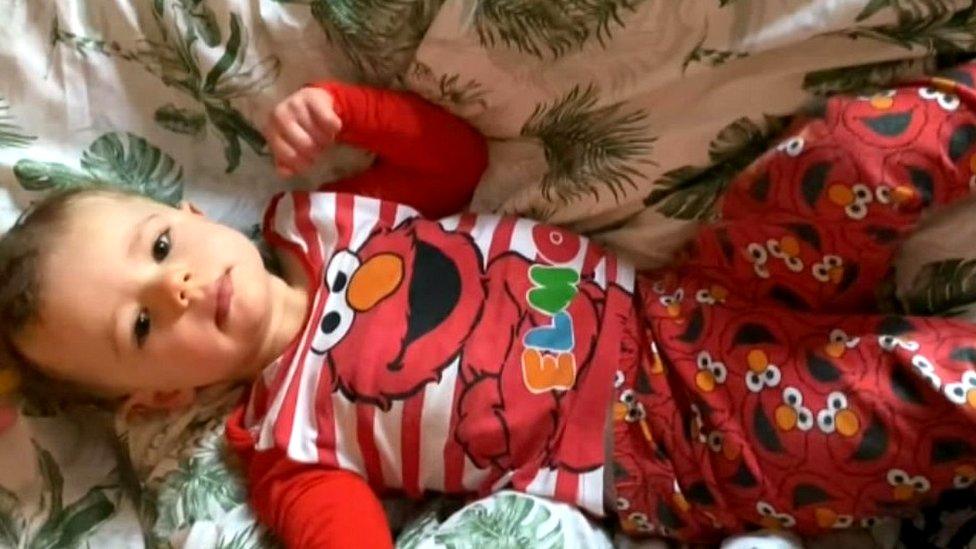
Clover's early months featured regular seizures
When she was four months old, Clover's parents paid for an over-the-counter CBD cannabis oil.
Now she has one seizure a week on average, and some weeks none at all, they said.
The couple said it was "incredible" how her life has changed, and that their own neurologist was amazed at her progress.
"They weren't expecting her to be able to walk or talk, or do anything really," Mr Carret said.
In 2018, the government said specialist doctors could legally prescribe cannabis oil for medicinal use.
Application rejected
But campaigners said only a handful of families have been successful in the process.
When Clover's parents applied, they were rejected, so their best hope is for her to be included in a medical research trial.
Family and friends are currently fundraising to help pay for the treatment. Friend Lee Evans is doing a 100,000km (62,000 mile) sponsored run.
But like some other families, the couple said they were worried that restrictions caused by Brexit mean they may soon no longer be able to import cannabis oil from The Netherlands.
The Department of Health said several professional medical bodies "remain concerned" about the lack of evidence around the safety and success of cannabis-based medical products.
A spokesman said: "The NHS is working with the National Institute for Health Research and others to build a high-quality evidence base to determine if patients with refractory epilepsy could benefit from these products."
NICE, the body that issues prescription guidelines, updated its advice, external on cannabis-related medical products in March 2021.
The body said it does not want to ban doctors from prescribing medical cannabis to severely epileptic children as this would restrict research, but has stopped short of recommending CBD oils as a widespread treatment for childhood epilepsy.

Cannabis plants are made up of more than 100 different cannabinoids, which have different impacts on the body and are concentrated to different extents in certain parts of the plant.
The most well-known of these are THC and CBD.
THC is the psychoactive cannabinoid - the one that recreational users use to get "high". CBD does not have this effect.
While almost all cannabinoids are controlled substances under the Misuse of Drugs Act, CBD - or cannabidiol as it is also known - is not.

Follow BBC West on Facebook, external, Twitter, external and Instagram, external. Send your story ideas to: bristol@bbc.co.uk , external
Related topics
- Published16 April 2021
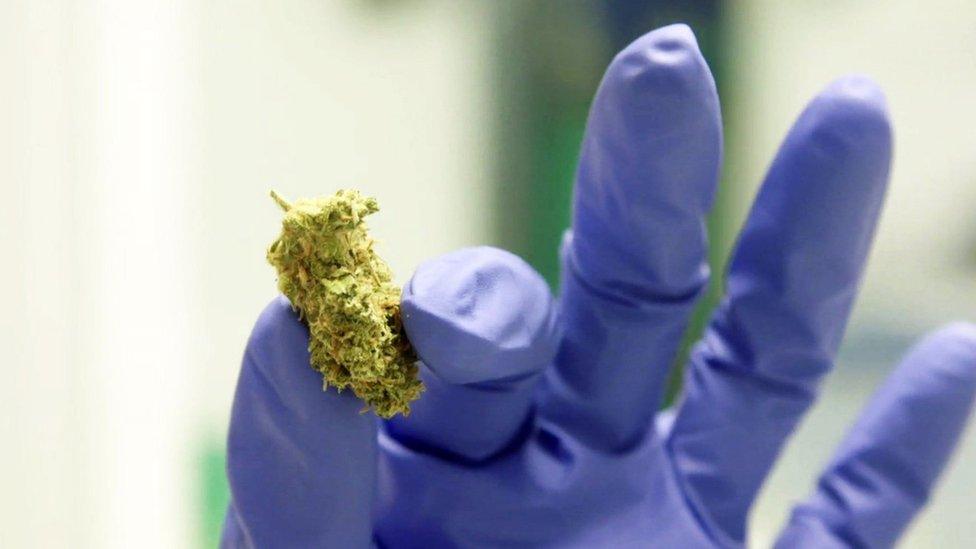
- Published30 December 2020
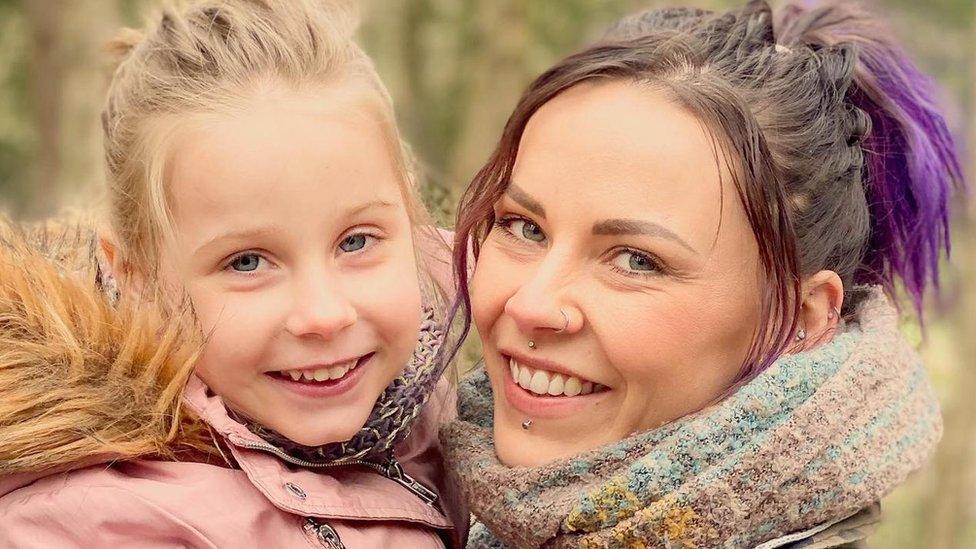
- Published1 November 2020
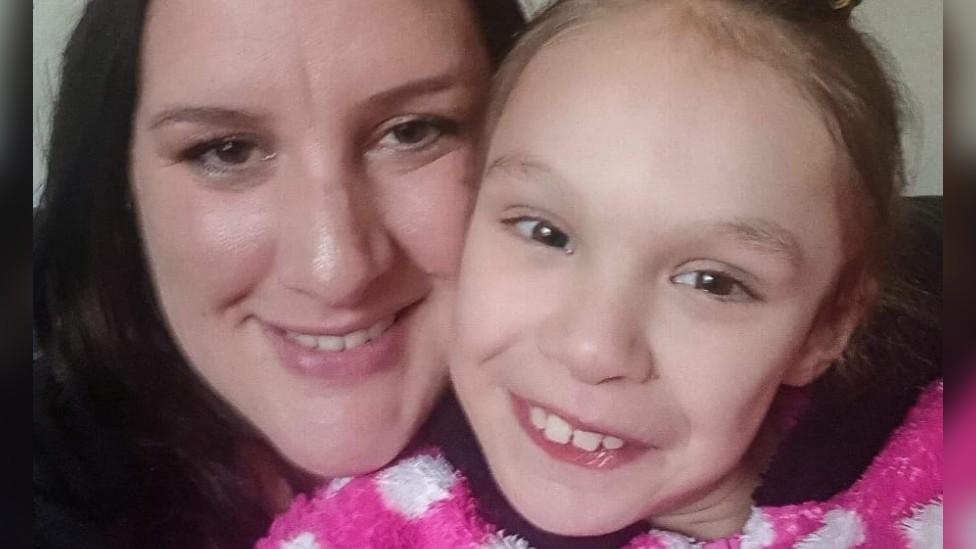
- Published26 July 2018
